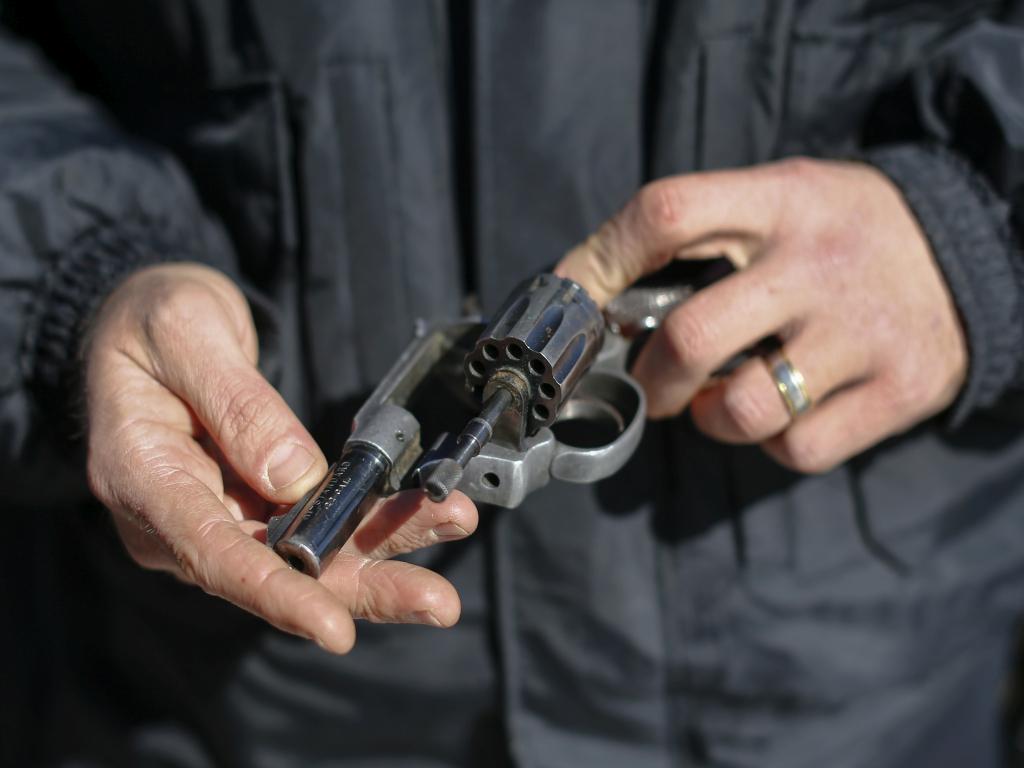
In recent days, Andrej Šiško repeatedly stressed that members of the Štajerska Guard (Štajerska Varda) do not need a permit to carry weapons since carrying a weapon is a basic human right. However, Slovenian legislation says differently – an individual must meet several conditions specified by the Weapons Act in order to acquire weapons, and if you fail to fulfill one of the conditions, the weapon might be taken away from you.
Under the section 14 in the Weapons Act, there are 6 basic conditions an individual must fulfill in order to obtain a certain type of weapon. These are: being over 18, having no public policy constraints, reliability, justified reason for the issue of the permit, medical examination and knowledge of weapon handling. Slovenia is one of the countries that has a very strict policy towards weapons, says Simon Slokan, head of the public law and order department.
"We say we have a two-step supervisory function when it comes to obtaining a firearms licence – firstly you have to fulfill all the conditions required for the licence, then the administrative units check all the evidence, to see whether you are actually entitled to carry a weapon."
This year's data shows that natural person possesses a total of over 136,000 weapons in Slovenia, while business entities posses 4,500 weapons. Over the past three years, approximately 30,000 applications for the firearm licence have been made, and at the same time, the police records between 150 and 200 weapons withdrawals each year. Otherwise, certain types of weapons cannot be obtained in Slovenia.
"All forms of military weapons are forbidden in Slovenia – an automatic rifle and certain types of guns cannot be acquired," explains Slokan.
Slokan adds that various types of imitative weapons often occur, such as airsoft or plastic pistols, which, according to the law, are not actually weapons, however, many are considered as an offence, especially if they occur in public places and cause a sense of danger.



























































